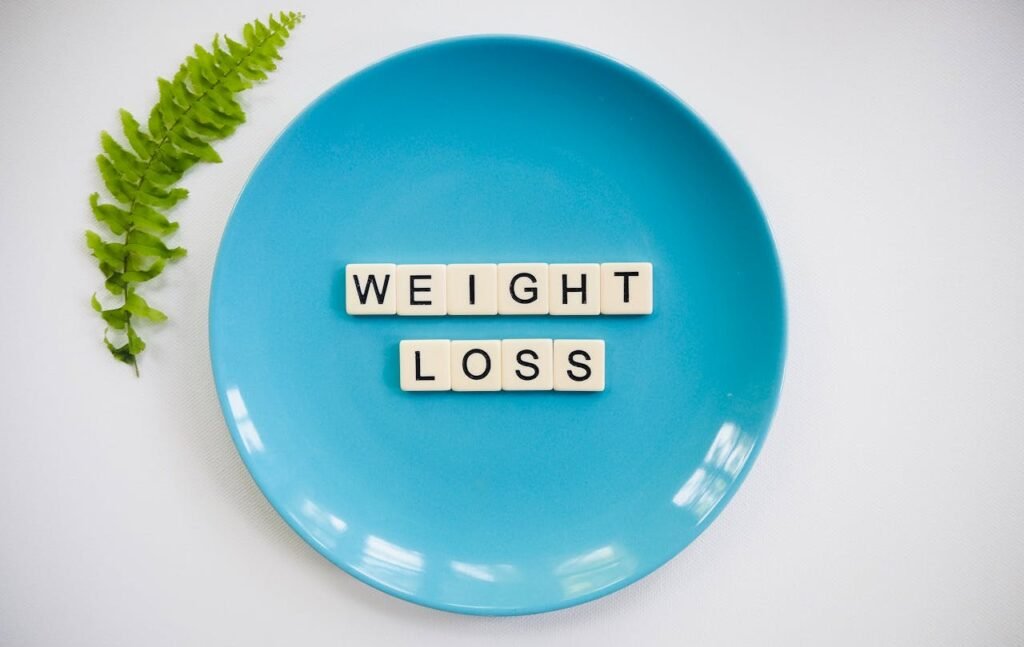In today’s world, where obesity rates continue to rise, finding reliable and effective weight loss strategies is crucial. The World Health Organization (WHO) has long been at the forefront of global health initiatives, including the development of comprehensive weight loss guidelines.
This article delves into the WHO’s recommendations for healthy and sustainable weight loss, offering practical tips and insights that can be applied to your daily life.
Understanding the WHO’s Approach to Weight Loss
The WHO takes a holistic view of weight management, emphasizing long-term health over quick fixes. Their guidelines are based on extensive research and are designed to be applicable across diverse populations worldwide.
The Global Impact of Obesity
Before diving into the guidelines, it’s important to understand the scale of the problem:
- According to WHO data, worldwide obesity has nearly tripled since 1975.
- In 2016, more than 1.9 billion adults were overweight, with over 650 million classified as obese.
These statistics highlight the urgent need for effective weight loss strategies that can be implemented on a global scale.
Key Principles of WHO Weight Loss Guidelines
- Balanced Nutrition
- Regular Physical Activity
- Behavioral Changes
- Sustainable Practices
Let’s explore each of these principles in detail.

Balanced Nutrition: The Foundation of Healthy Weight Loss
The WHO emphasizes the importance of a balanced diet in achieving and maintaining a healthy weight. Here are some key recommendations:
- Increase consumption of fruits, vegetables, legumes, whole grains, and nuts
- Limit intake of fats, sugars, and salt
- Choose unsaturated fats over saturated fats
- Avoid trans fats entirely
Practical Tips for Implementing WHO Nutrition Guidelines
- Plan meals in advance to ensure a balanced diet
- Read food labels to make informed choices
- Cook at home more often to control ingredients
- Practice portion control using smaller plates
- Stay hydrated by drinking water instead of sugary beverages
Regular Physical Activity: A Crucial Component of Weight Loss
The WHO recommends regular physical activity as an essential part of any weight loss program. Here’s what they suggest:
- Adults (18-64 years): At least 150 minutes of moderate-intensity aerobic activity or 75 minutes of vigorous-intensity aerobic activity per week
- Children and adolescents (5-17 years): At least 60 minutes of moderate to vigorous-intensity physical activity daily
- Older adults (65 years and above): Same as adults, with additional balance and strength training activities
Incorporating Physical Activity into Daily Life
- Take the stairs instead of the elevator
- Walk or cycle for short trips instead of driving
- Engage in active hobbies like gardening or dancing
- Join a sports team or fitness class for social motivation
- Use a standing desk or take regular breaks from sitting
Behavioral Changes: The Key to Long-Term Success
The WHO recognizes that sustainable weight loss requires more than just diet and exercise. Behavioral changes are crucial for long-term success.
Strategies for Implementing Behavioral Changes
- Set realistic goals
- Keep a food and activity diary
- Practice mindful eating
- Manage stress through relaxation techniques
- Get adequate sleep (7-9 hours for adults)
Sustainable Practices: Ensuring Long-Term Weight Management
The WHO emphasizes that weight loss should be gradual and sustainable. Their guidelines suggest aiming for a weight loss of 0.5-1 kg (1-2 pounds) per week, which is considered safe and more likely to be maintained over time.
Tips for Sustainable Weight Loss
- Focus on lifestyle changes rather than short-term diets
- Celebrate non-scale victories, such as improved energy levels or better sleep
- Build a support network of friends, family, or professionals
- Be patient and persistent, understanding that progress may not always be linear
- Regularly reassess and adjust your goals as needed
WHO Weight Loss Recommendations for Special Populations
WHO also provides specific guidelines for certain groups:
- Pregnant and breastfeeding women
- Children and adolescents
- Older adults
- People with chronic diseases
Tailoring Weight Loss Strategies to Individual Needs
It’s important to note that while the WHO provides general guidelines, individual needs may vary. Consulting with a healthcare professional is recommended, especially for those with pre-existing health conditions or special dietary requirements.
The Role of Technology in Implementing WHO Weight Loss Guidelines
In today’s digital age, technology can play a significant role in supporting weight loss efforts:
- Mobile apps for tracking food intake and physical activity
- Wearable devices to monitor heart rate and steps
- Online communities for support and motivation
- Telemedicine consultations with healthcare professionals
Overcoming Common Challenges in Weight Loss
Even with the best guidelines, weight loss can be challenging. Here are some common obstacles and how to overcome them:
- Plateau: Adjust your calorie intake or exercise routine
- Emotional eating: Develop coping strategies that don’t involve food
- Social pressure: Communicate your goals to friends and family
- Time constraints: Prioritize health and find efficient ways to incorporate healthy habits
The Future of Weight Loss: WHO’s Ongoing Research and Initiatives
The Organization continues to conduct research and develop new strategies to combat global obesity. Some areas of focus include:
- The impact of ultra-processed foods on weight gain
- The role of the gut microbiome in weight management
- Environmental factors contributing to obesity
- Policy interventions to promote healthier food environments
Final considerations
The World Health Organization’s weight loss guidelines provide a comprehensive, evidence-based approach to achieving and maintaining a healthy weight. By focusing on balanced nutrition, regular physical activity, behavioral changes, and sustainable practices, individuals can work towards their weight loss goals in a healthy and effective manner. Remember, successful weight loss is a journey, not a destination.
By implementing these WHO-recommended strategies and adapting them to your personal needs, you can create lasting changes that improve your overall health and well-being.
FAQ
What are the World Health Organization’s guidelines for healthy weight loss?
It recommends a balanced diet, regular physical activity, and a focus on gradual weight loss to achieve and maintain a healthy weight.
How does the World Health Organization suggest managing obesity?
The WHO emphasizes a combination of a healthy diet, increased physical activity, and behavior changes to effectively manage obesity and promote long-term health.
Why is healthy weight loss important according to the World Health Organization?
Healthy weight loss is crucial because it reduces the risk of obesity-related diseases, improves overall health, and enhances quality of life, as highlighted by the World Health Organization.


